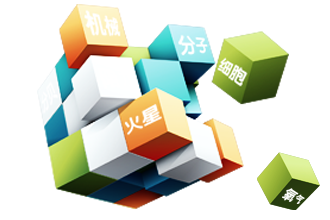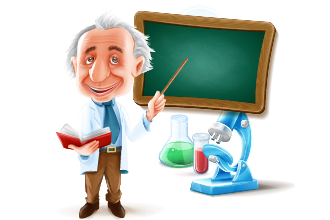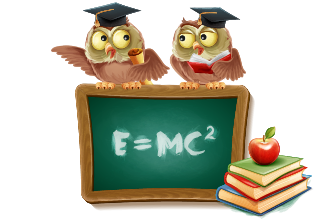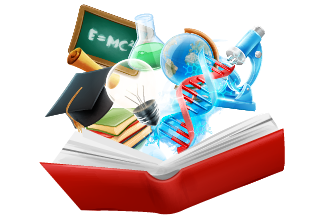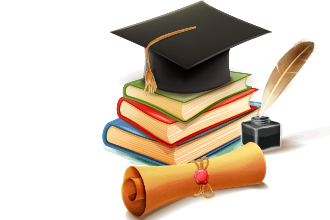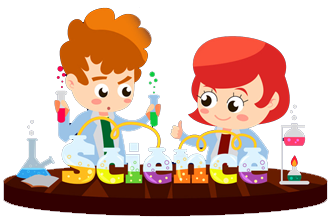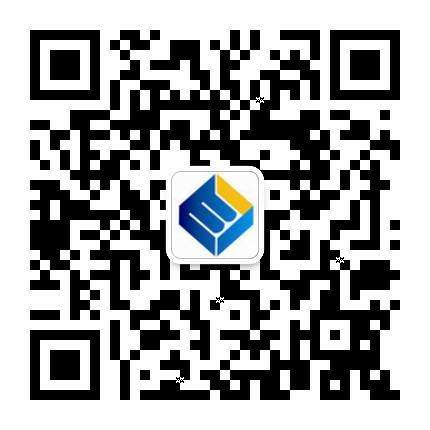Collaboration with public institutions
Maker and STEAM education included in the college entrance examination baton!
The starting time of science education has been adjusted to first grade, with a credit system for scientific practice activities in junior high school. The college entrance examination policy provides independent enrollment channels for maker talents and technological innovation talents, and universities are competing to offer technological innovation majors. The future development trend of education has gradually become clear.
In this educational environment, various maker/STEAM education programs offered to teenagers in China are no longer just a course that represents children's interests, but also determine their mainstream competitiveness in future society.
In 2017, hundreds of universities including Peking University, Tsinghua University, Beijing University of Aeronautics and Astronautics, Beijing University of Science and Technology, and Beijing University of Technology opened independent recruitment and registration channels for maker/STEAM educational talents!
_______________________________Let's take a look at two long images again_____________________________________

Under the pressure of domestic exam policies in the past, various pressures have greatly limited children's innovative thinking, resulting in many students who achieved top grades in school finding it difficult to adapt after entering society.
Although parents have gradually begun to pay attention to the cultivation of children's various interests after implementing quality education for many years, due to insufficient cognition and concepts, parents still have not shown the importance they should attach to the cultivation of children's interests and innovative abilities in this era.
However, the determination and strength of the country to promote quality education are unquestionable. With the first batch of enrollment from the School of Robotics at Beijing United University, hundreds of universities such as Peking University, Tsinghua University, Beijing University of Aeronautics and Astronautics, Beijing University of Science and Technology, and Beijing University of Technology have opened independent recruitment and registration channels for maker/STEAM talents... Under a series of national policy incentives, the surge of maker talents may fill the current gap in high-end comprehensive talents, However, the cultivation of new generation talents is also the key to determining national competitiveness.
Not only in universities, but also in education for all age groups, maker/STEAM education has been put on the agenda.
As a pilot area, the Open Science Practice Activity Course for Middle School Students in Beijing was officially launched in 2015. Based on the existing experience of basic education in Beijing, the design and implementation of activities carried out using social resources are conducive to cultivating students' abilities to comprehensively apply scientific knowledge to solve problems, communicate and cooperate, innovate and practice, and cultivate and practice socialist core values.
In 2016, the Beijing Municipal Education Commission issued the "Management Measures for Open Science Practice Activities in Junior High Schools in Beijing", which announced the various requirements for junior high school students to participate in social practice courses and made clear regulations on the credit acquisition mechanism.
At the beginning of 2017, the Ministry of Education officially released the "Key Points for Education Informatization Work in 2017" and the "Primary School Science Curriculum Standards for Compulsory Education", as well as relevant issuance notices. While emphasizing the importance of education informatization again, it made clear regulations for the science curriculum standards in the primary school stage of compulsory education, and for the first time, advanced the implementation of science education to the first grade of primary school.
The starting time of science education has been adjusted to first grade, with a credit system for scientific practice activities in junior high school. The college entrance examination policy provides independent recruitment channels for maker talents, and universities are competing to offer maker majors. The future development trend of education has gradually become clear. In this educational environment, various maker/STEAM education programs offered to teenagers in China are no longer just a course that represents children's interests, but also determine their mainstream competitiveness in future society. Therefore, high-quality maker/STEAM education courses will become one of children's interest choices!
Introduction to Maker Courses
1 Junior Maker/STEAM Programming Thinking Training Course
Programming ability is one of the fundamental abilities that future talents must possess. The earlier children start programming practice, the more advantageous it is for them to become successful. This course is guided by interest and trains and develops children's logical thinking abilities, decoding creativity, and achieving self-exploration through programming practice. The Youth Maker Programming Class is a unique youth maker class that focuses on creative development, utilizes American technology, and aligns with international mainstream programming education trends; Features: High technical starting point, strong application performance, and significant creativity release effect. The best target audience is between the ages of 7 and 16.
Course Cases:

Underwater World Timed shooting game
2 Young Maker/STEAM Intelligent Electronic Class
This course is based on a convenient, flexible, and user-friendly open source electronic prototype platform, including hardware and software. It is suitable for enthusiasts, artists, designers, and creators interested in "interaction". Electronic modularity makes applications easy to use; The programming of microprocessors is the core application in intelligent electronics; Electronic technology is widely used in reality, which can easily arouse the interest and hobby of young creators in technology. By creating things with one's own hands, it increases the internal motivation for learning and unleashes creativity. The best learning target is 9 to 18 years old.
Course Cases:

3 Youth Maker Website Design Class
This course is based on a convenient, flexible, and user-friendly website design and management platform, which includes a comprehensive application of elements such as layout, theme, text, images, sound, video, planning, color, etc. It is suitable for enthusiasts, artists, designers, and creators interested in the 'Internet'. Website design integrates creative expression, knowledge themes, and internet communication. It is an education, a science, and an art! It provides unique internet application technologies for children to collect information, apply information, develop interests, and promote learning. The best learning target is over 10 years old.
Course Cases:

Technology themed website Residential Environment Theme Website
4 Youth Maker/STEAM Special Training Class
This course aims to train and guide young people to fully participate in the entire process of innovation, with the goals of youth creativity competition, technology innovation competition, and patent application. From creative development to R&D and production, to producing innovative results, personally experience the charm of innovation under the guidance of experts, experience a different youth life, step on the starting line of creating an era, and move towards the extraordinary winning line. The best learning target is between the ages of 10 and 18.
Course Cases:

5. Continuing development of subsequent courses……It will keep children happy! Enjoy a different education and achieve an extraordinary life!
Opening time:Three sessions per year, in the first half of the year (from early March to early July), with approximately 3 class hours per week, totaling approximately 50 class hours; Scheduled classes (mid July to late August), three classes per week, each lasting approximately 3 hours, totaling approximately 50 hours; In the second half of the year (mid September to late January), there will be three classes per week, each lasting approximately 3 class hours, totaling approximately 50 class hours.
PROMISE:Those who are not satisfied with their learning can continue learning for free!


